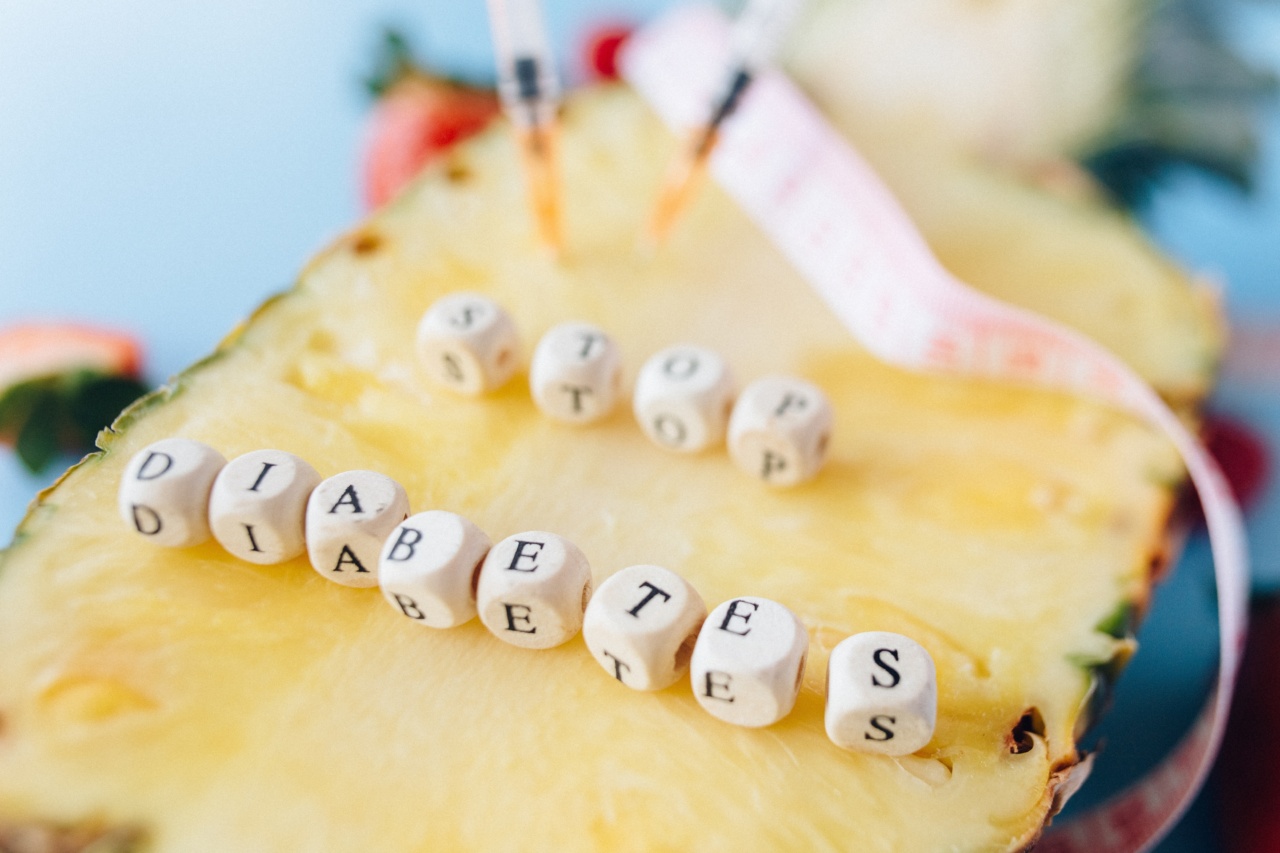High cholesterol levels can be a cause for concern as it increases the risk of heart disease and stroke. Fortunately, a healthy diet can play a significant role in managing cholesterol levels and improving heart health.
There are several nutritional powerhouses that have been proven to help fight against cholesterol and keep your heart in optimal condition.
1. Oats and Fiber-rich Foods
Oats are an excellent source of soluble fiber, which is known to reduce LDL cholesterol, often referred to as the “bad” cholesterol.
Soluble fiber forms a gel-like substance in the digestive system, which helps to block the absorption of cholesterol into the bloodstream. Including a bowl of oatmeal or overnight oats in your daily breakfast routine can be a great way to kick-start your day with a cholesterol-lowering boost. Other fiber-rich foods include fruits, vegetables, beans, and whole grains.
2. Omega-3 Fatty Acids
Omega-3 fatty acids are a type of polyunsaturated fat that is well-known for its heart-healthy properties. They can help reduce LDL cholesterol levels in the blood, decrease triglycerides, and lower blood pressure.
Cold-water fish such as salmon, mackerel, and tuna are excellent sources of omega-3 fatty acids. For non-fish eaters, flaxseeds, chia seeds, and walnuts are great alternatives.
3. Nuts
Although nuts are high in calories, research shows that they can actually help improve heart health and lower LDL cholesterol levels. Walnuts, almonds, pistachios, and peanuts are some of the nuts that are rich in heart-healthy monounsaturated fats.
These fats help decrease LDL cholesterol levels and improve the health of blood vessels.
4. Avocados
Avocados are not only delicious but are also packed with heart-healthy monounsaturated fats. They have been shown to help reduce LDL cholesterol levels while increasing HDL cholesterol levels, often called the “good” cholesterol.
Adding avocados to salads, sandwiches, or even as a substitute for unhealthy fats like butter or mayonnaise can be a great way to incorporate them into your diet.
5. Olive Oil
Olive oil is a staple of the Mediterranean diet, which is renowned for its heart-protective benefits. It is rich in monounsaturated fats and contains antioxidants that help lower LDL cholesterol levels.
It is important to opt for extra virgin olive oil as it undergoes minimal processing and retains its nutritional value. Use it as a healthier alternative to other oils while cooking and preparing meals.
6. Soy
Soy products, such as soy milk, tofu, and edamame, are excellent sources of plant-based protein and contain compounds called isoflavones. Isoflavones have been shown to lower LDL cholesterol levels and improve overall heart health.
Including soy products in your diet can be beneficial, especially for those following a vegetarian or vegan lifestyle.
7. Dark Chocolate
Yes, you read it right, dark chocolate! Cocoa powder, the main ingredient in dark chocolate, is rich in antioxidants called flavanols.
Flavanols have been found to improve heart health by increasing HDL cholesterol levels and lowering LDL cholesterol levels. However, moderation is key, as dark chocolate is still high in calories and should be consumed in small amounts.
8. Garlic
Garlic has been used for its medicinal properties for centuries. It contains allicin, a compound that has antioxidant and anti-inflammatory effects.
Studies have shown that garlic can help decrease LDL cholesterol levels and prevent the formation of blood clots. Including fresh garlic in your meals or taking garlic supplements can be beneficial for your heart health.
9. Green Tea
Green tea is rich in antioxidants known as catechins, which have been linked to several health benefits, including lower LDL cholesterol levels. Regular consumption of green tea has been associated with a reduced risk of heart disease and stroke.
Incorporate a cup or two of green tea into your daily routine to reap its cholesterol-lowering benefits.
10. Berries
Berries, such as strawberries, blueberries, and raspberries, are not only delicious but are also packed with antioxidants and soluble fiber. These components help reduce LDL cholesterol levels and improve heart health.
Enjoy a handful of berries as a healthy snack or add them to your morning cereal or smoothie for a heart-healthy boost.




























